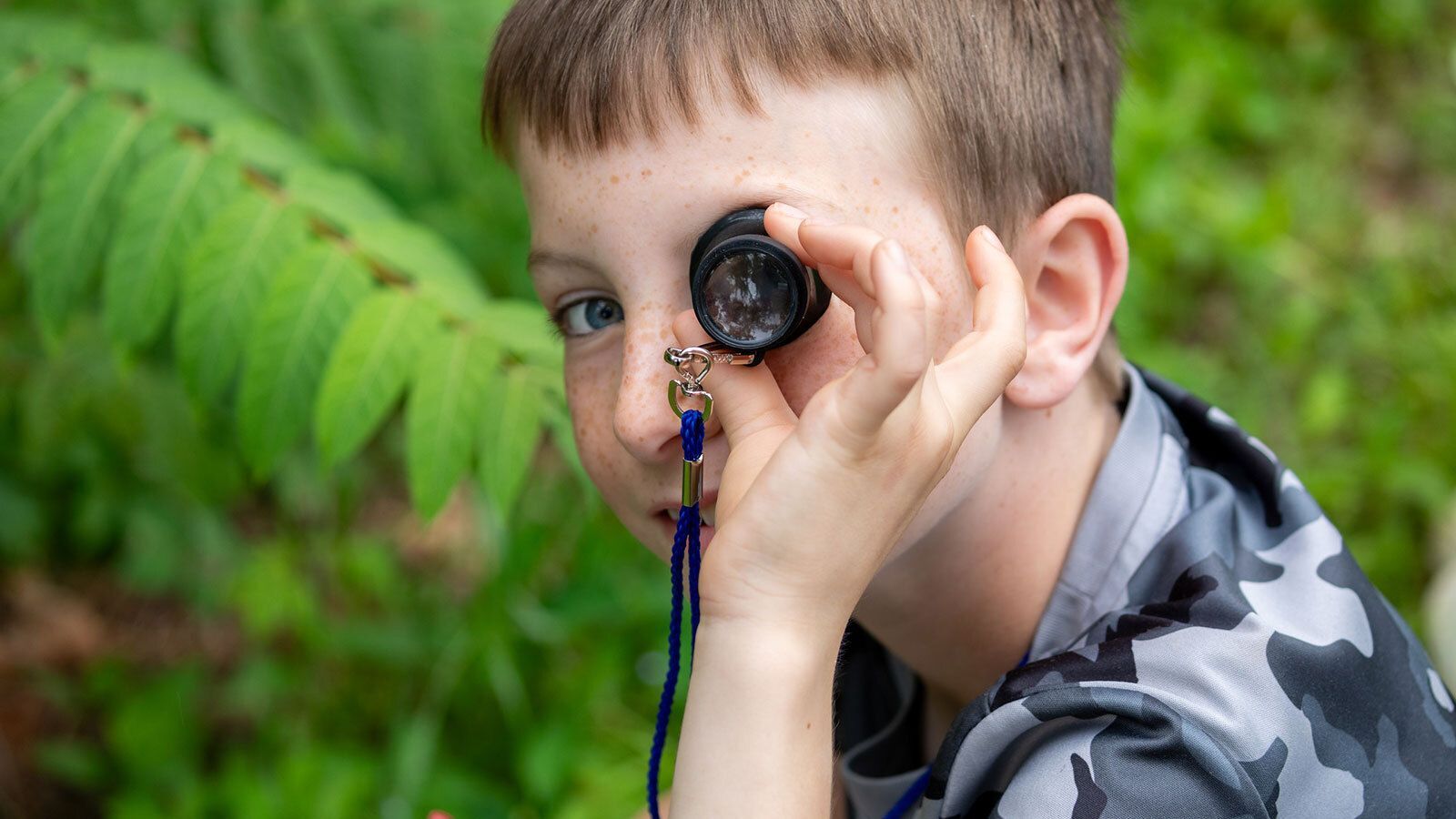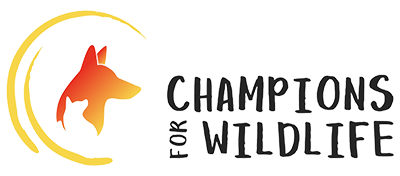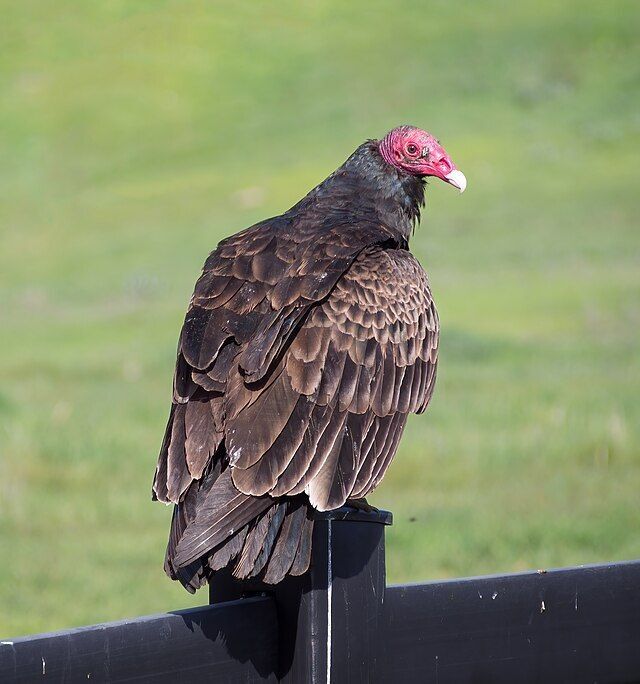Meet the Sanitation Squad
Vultures might not win any beauty contests, but they are some of the most important birds in nature! These amazing scavengers spend their days soaring high above fields and forests, looking for their next cleanup job. By eating dead animals, vultures help stop the spread of disease and keep the environment healthy.
In North Carolina, you can find two kinds of vultures: the Turkey Vulture and the Black Vulture. Both are part of nature’s cleanup crew, using their super senses and strong stomachs to make sure nothing goes to waste.
Even though they might look spooky with their bald heads and dark feathers, vultures are gentle, intelligent, and essential to our planet’s balance.
Did You Know?
- Vultures are nature’s janitors - they eat dead animals before they can spread germs
- Turkey Vultures can smell food from over a mile away. They have one of the best noses in the bird world!
- Vultures don’t have voices - they can only hiss and grunt.
- When threatened they may throw up to protect themselves (gross, but it works!)
By cleaning up dead animals, vultures protect people, pets, and other animals from dangerous germs. Every vulture plays a special part in keeping nature healthy. By learning about these birds, we discover that even the “gross” animals can be heroes of the ecosystem.
Spot the Difference! Turkey Vulture vs. Black Vulture
At first glance, these two birds look a lot alike - but if you know what to look for, you can tell them apart!
Turkey Vultures are a little larger and have red, featherless heads (like a turkey’s!). When they’re flying, you’ll notice their wings form a gentle “V” shape, and the feathers along the edges are silvery gray, making them easy to spot against the sky. Turkey Vultures also wobble slightly as they soar and rely on their strong sense of smell to find food.
Black Vultures, on the other hand, have dark gray or black heads and shorter tails. Their wings are mostly black except for white patches at the wingtips - like they dipped their fingers in paint! They soar in flatter circles and often follow Turkey Vultures to find food, since they don’t have much of a sense of smell.
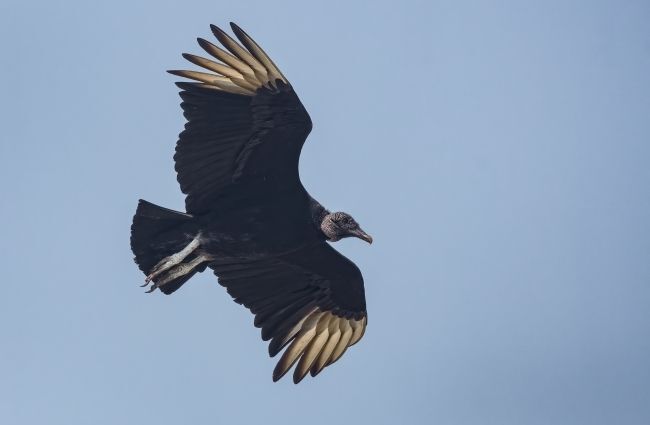
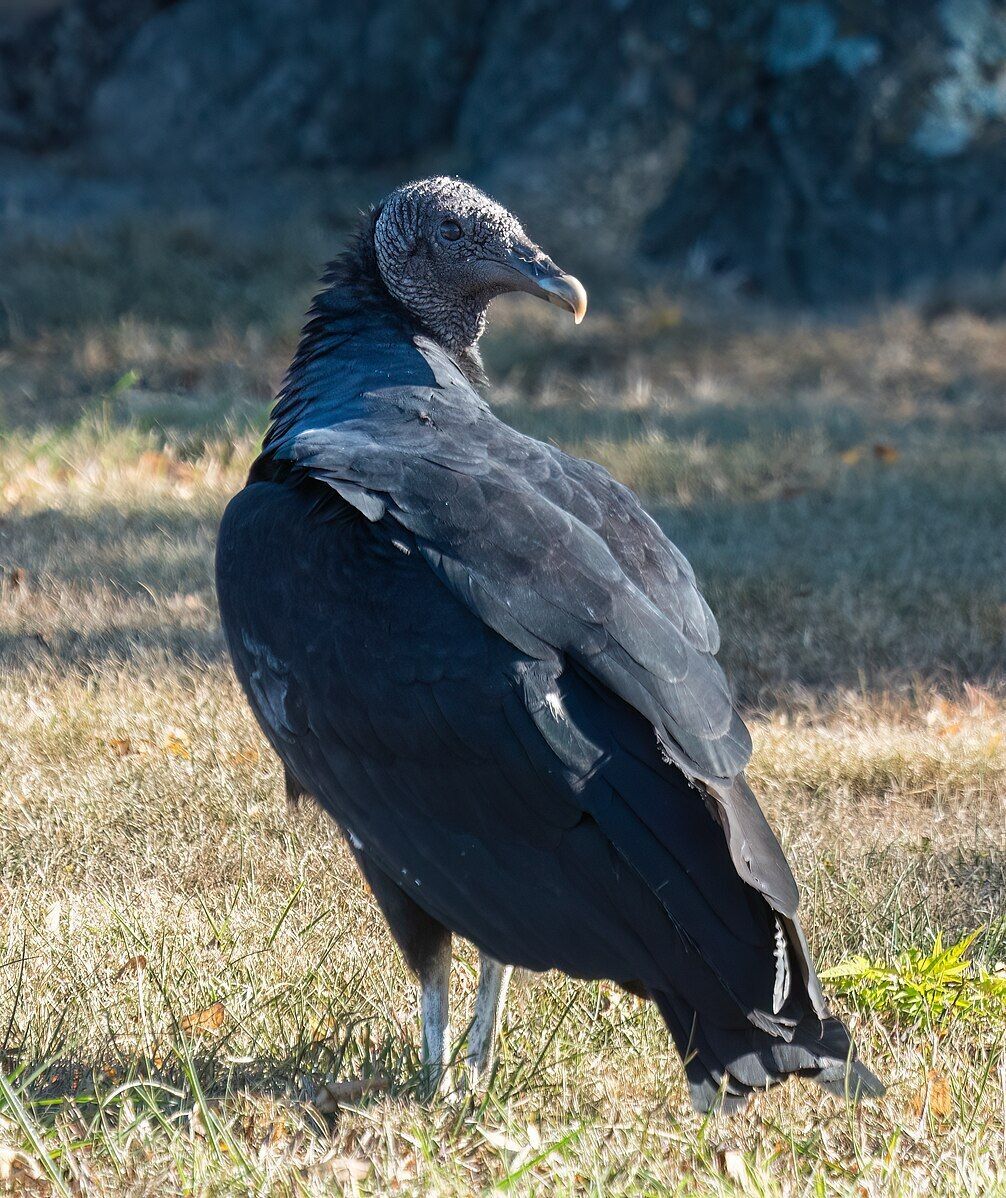
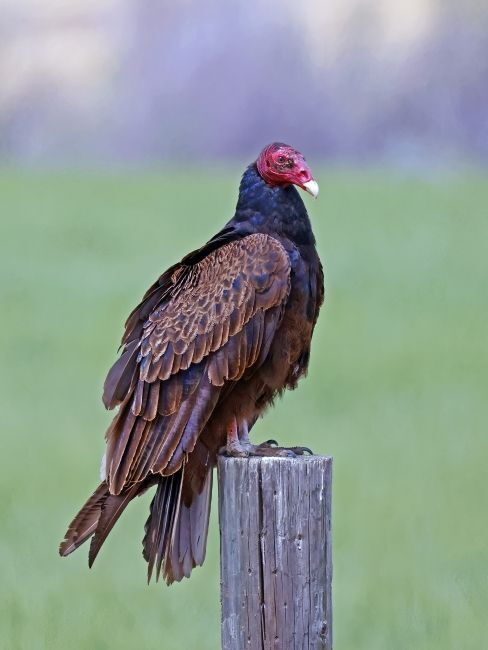
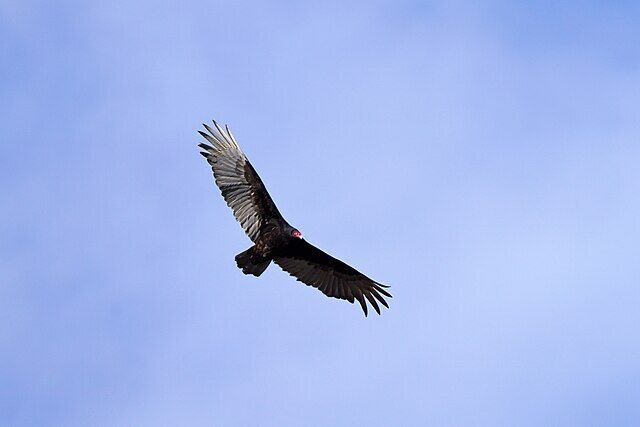
A Closer Look at Vultures
Watch this video to see vultures in action. You’ll spot them soaring over forests, fields, and highways, using their sharp eyes and powerful sense of smell to locate food from above.
As you watch, look for these clues to their special adaptations:
- Do you see how they spread their wings wide to ride air currents?
- Can you spot their bald heads that stay clean while eating?
- Notice how they circle together? That’s called a kettle of vultures!
Vultures might not build fancy nests or sing pretty songs, but they’re some of the hardest-working birds out there.
And here’s something to think about: Why do people sometimes call them “nature’s recyclers”? See if the video gives you a hint!
Color it Wild!
Ready to bring this cleanup crew to life with color? Ask an adult to help you download and print the coloring page so you can make your own vulture masterpiece.
Click the buttons to download each page!
Let's Get Creative
Make your own vulture art using recycled materials! Watch the video to learn what to do!
As you create, think about:
- What makes vultures special?
- How do they help other animals and people?
- Why should we protect them?
Share Your Creation!
Do you want to share your masterpiece with others? With your parent’s help, you can send us a photo of your art and we’ll add it to our Kids Art Gallery!
Explore A Vulture Habitat
Vultures are sky scavengers who live all across North Carolina - from mountains to coastlines. By exploring open fields, forests, and even roadsides, we can learn more about how they survive and the important job they do every day.
You don’t have to be an expert birder to help vultures! Grab an adult and head outside to look for clues of their presence - a big soaring shadow, a circling group high above, or a feather on the ground.
Download our “Vulture Scavenger Hunt” by clicking the button and see how many vulture signs you can find near your home or school. Keep your eyes on the sky!
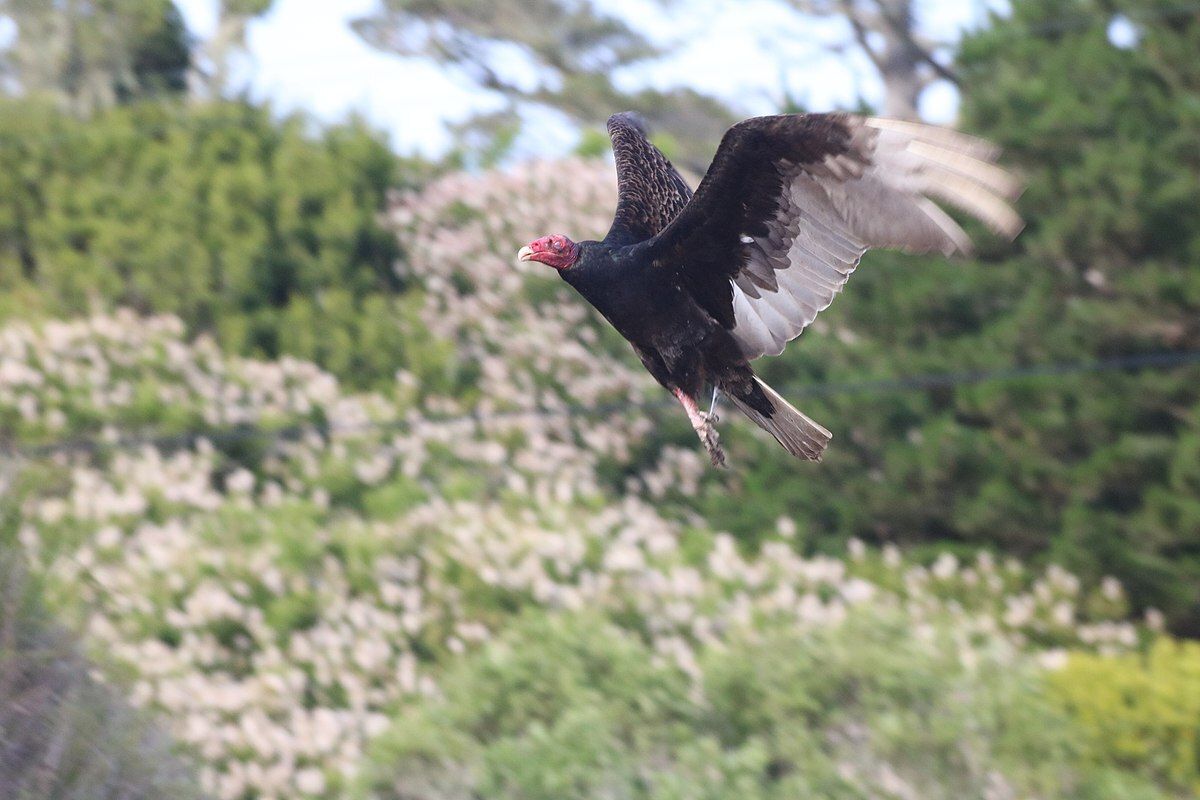
Be A Vulture Hero!
You can be a wildlife hero for vultures! These birds keep our world clean, but they need our help to stay safe.
Here’s how you can help:
- Never litter! Food scraps attract animals to roads, which brings vultures - and that can be dangerous for them.
- Spread the word! Tell your friends and family why vultures are amazing and important.
- Respect wildlife. Never harm or chase vultures - they’re protected by law and vital to our environment.
